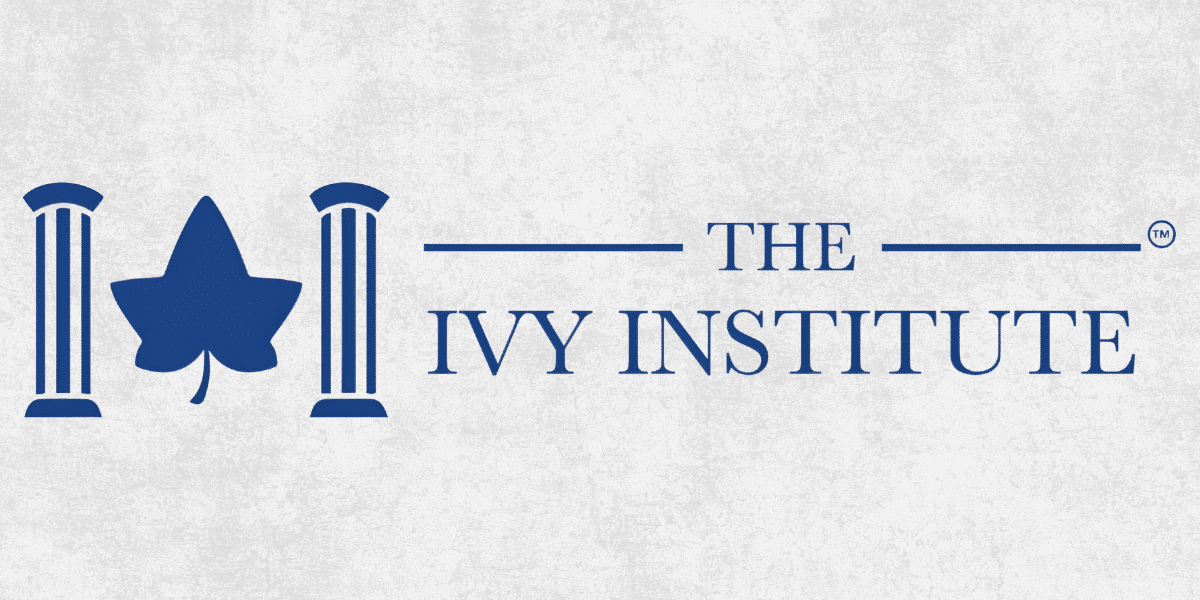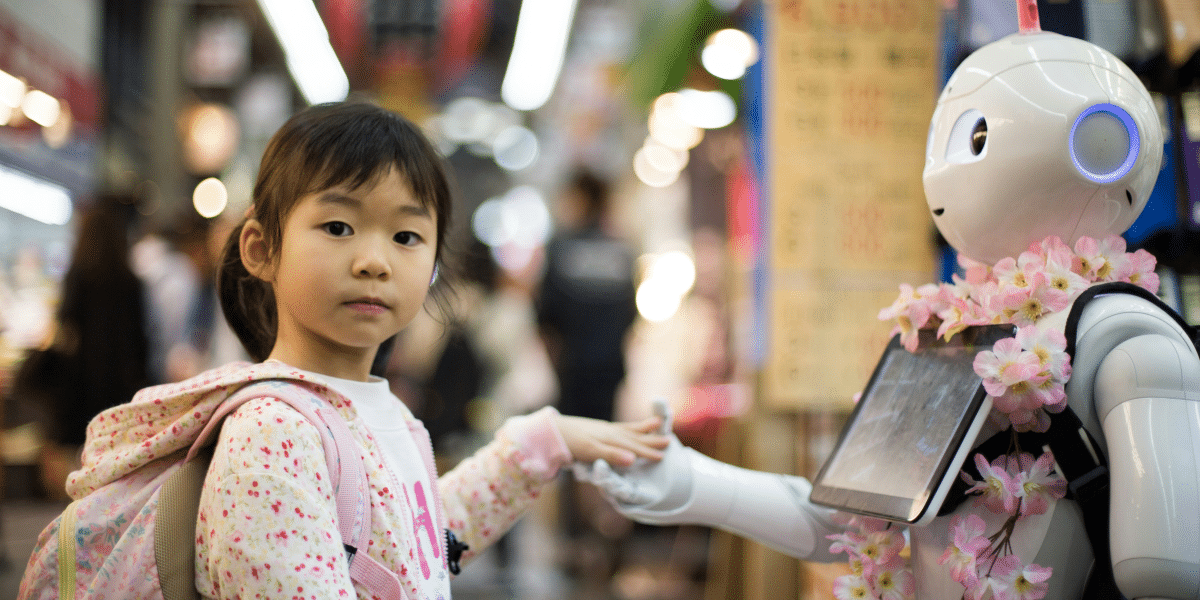We’re constantly told that more money equals more happiness. Buy a nicer car, a bigger house, the latest gadgets, and boom – instant joy, right? Well, when it comes to the economics of happiness, things aren’t quite that simple.
The Money-Happiness Connection: What the Research Says
Turns out, there IS a link between income and happiness, but it has its limits:
- Meeting Basic Needs: Absolutely, having enough money to cover necessities like food, shelter, and healthcare makes a HUGE difference in well-being. Worrying about survival isn’t exactly a recipe for happiness.
- The Plateau Effect: Once basic needs are met, the happiness boost you get from additional income starts to level off. That raise from $50K to $70K might feel awesome. But the happiness jump from $200K to $220K? Not so much.
- Diminishing Returns: The fancier the car, the bigger the house – we get used to them. That initial thrill fades, leaving us wanting the next upgrade…it’s a hedonic treadmill that never leads to lasting satisfaction.
So, Why Do We Think More Stuff = More Happiness?
- Marketing Magic: Advertising bombards us with the message that we NEED the latest things to be happy, cool, successful. It’s easy to fall for this trap.
- Keeping Up with the Joneses: We compare ourselves to others. If our neighbor gets a shiny new SUV, it might make us feel inadequate, driving us to spend to keep up.
- Confusing Pleasure with Happiness: That rush of excitement getting a new thing? That’s fleeting pleasure, not deep-rooted happiness.
- Misunderstanding Our Own Needs: We sometimes try to fill emotional voids (stress, boredom, loneliness) with stuff, but it never truly works.
Where Does Real Happiness Come From?
Research points to factors way more important to lasting life satisfaction than a fat bank account:
- Strong Relationships: Close connections with friends, family, and our communities provide support, love, and a sense of belonging.
- Meaningful Experiences: Travel, hobbies, lifelong learning… These create lasting memories and enrich our lives far more than material goods.
- Helping Others: Acts of kindness and contributing to something bigger than ourselves boost feelings of purpose and self-worth.
- Good Health: No surprise here. Feeling physically well is essential for overall well-being. Sometimes, investing in health is wiser than investing in…stuff.
- Gratitude: Actively focusing on what we have instead of what we lack makes a world of difference in our outlook.
Does this mean money doesn’t matter at all?
Of course not! Financial stability reduces stress and opens up opportunities. Here’s the thing: it’s about balance.
Money as a Tool, Not the Goal
Here’s a mindset shift: Think of money as a means to support the things that truly bring happiness:
- Financial Security: Enough savings to feel secure in case of a job loss or unexpected expense gives major peace of mind.
- Experiences over Things: Shift your spending towards travel, concerts, classes – things that create memories, not clutter.
- Free Up Time: Can you use money to make life easier? Housecleaning services, meal delivery…if it frees up time to spend with loved ones or pursue a passion, that could be a worthwhile trade-off.
- Giving Back: Supporting causes you care about creates a sense of purpose and connection far more powerful than any purchase.
The economics of happiness is about recognizing that a fulfilling life isn’t determined by your net worth. It’s about building strong relationships, finding meaning, taking care of yourself, and using your resources in ways that align with what truly matters to you.









